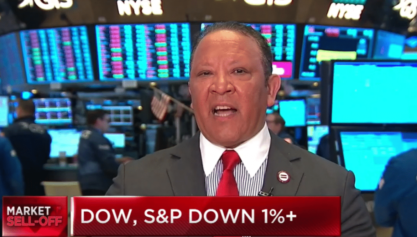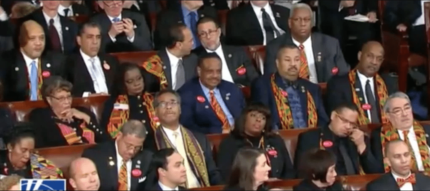More than one of every four black youth 16 to 24-year-olds are currently out of work in England, new research shows.
The data, from the Trades Union Congress (TUC), showed 26 percent of youth in this age group are jobless, higher than other ethnicities.
“Young black men have experienced the sharpest rise in unemployment since the coalition came to power,” said the TUC, which published a report on youth unemployment today (Oct 17).
The report, published to coincide with the TUC Poverty conference at its central London HQ today, analyses official data on youth unemployment proportions and worklessness rates over the last decade.
It looked at 16 to 24-year-olds who are neither in work nor training.
“Young black men are more likely to be unemployed than any other ethnic group, with over one in four (26 per cent) currently out of work.
“Young black women are the next most likely to be out of work (17 per cent), followed by white and Asian men (both 16 per cent),” the report said.
“Young Asian women have experienced the sharpest rise in unemployment over the last decade, rising from 6 per cent in 2002 to 13 per cent in 2012. However, they are still less likely to be unemployed than most other people their age.”
Similar concerns have arisen in the United States, which still has a higher-than-average unemployment rate among African-Americans even with an improving economy.
The TUC, which is among organizations leading an anti-cuts march this Saturday, said: “The proportion of young people who are not in work or education has been more stable, with worklessness rates for black and Asian youngsters actually falling between 2002 and 2010, most likely because high numbers of young people from these groups entered further and higher education.
“However, in the last two years worklessness rates have started rising again. Young black men have once again been the most affected, increasing from 15 per cent to 22 per cent in the last two years.”
The report also finds that white and Asian youngsters are now twice as likely to be unemployed as those from the same ethnic group over the age of 24.
TUC research on long-term youth unemployment has also found that the number of 16 to 24-year-olds out of work for at least six months had increased by 23 per cent over the last two years.
Behind the headline figures, the picture is worse still for young people. A study by the Joseph Rowntree Foundation found that up to 66 unemployed people are chasing every retail job and two thirds of those applying for jobs did not get any response. Vacancies were filled within days and in some cases hours.
The news doesn’t bode well.
“Support programs to help young people back into work have been cut by 26 per cent over the same time period, illustrating the government’s failure to put sufficient resources into tackling the UK’s youth jobs crisis,” the TUC said.
Brendan Barber TUC General Secretary said the situation remains dire.
“The UK is in the midst of a youth jobs crisis,” he said. “Over a million youngsters are out of work and many more are struggling to find the finances needed to further their education.
“Last week the Prime Minister singled out employment as a great success of the government. That’s cold comfort to the one in four young black men struggling for work or the one in six jobless young black women.”
The latest unemployment figures show that unemployment fell by 50,000 to 2.53 million between June and August, but those figures are somewhat skewed by the record number of people relegated to part-time work.
However, general secretary of the Unite union, Len McCluskey warned against declaring a turn for the better just yet.
“Hidden behind the statistics is the stubborn underlying problem of the long-term unemployed, whether it is the 16-to-24 year olds or other groups seeking work,” he said. “It is those areas that ministers need to concentrate on as a matter of urgency. The economy overall is flat-lining, household incomes are being squeezed and demand has been sucked out of the economy. The UK is still in recession, so there is nothing for the government to crow about.”

